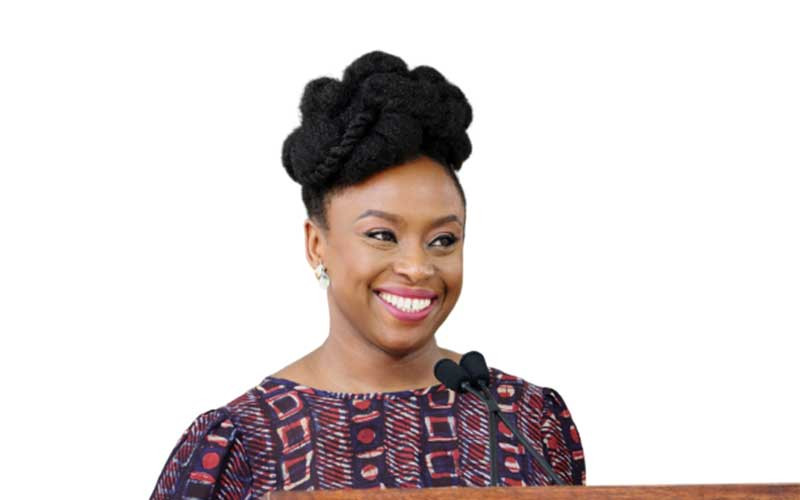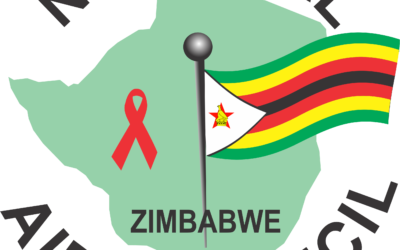
NIGERIAN author Chimamanda Ngozi Adichie once observed that “plagiarism remained a very serious offence which unfortunately many didn’t seem to take seriously enough” – a sentiment that is echoed across the African continent where there is a growing concern about the continued prevalence of intellectual property violation and copyrights infringements.
With the world increasingly becoming competitive, this concern is of no exception to the creative and literary industry.
Authors, creatives and various emerging brands are striving to leave a lasting impact on their audience and are trying to establish themselves as authorities in their respective fields.
However, with competition comes the temptation to take shortcuts, and that includes copyright infringement which usually involves a lot of copy and paste from one author’s text to another.
This article serves to elaborate on this subject of intellectual property and copyrights infringements from a creative arts and publishing point of view.
What is intellectual property?
Intellectual property law deals with the protection of creativity and innovation. Zimbabwean law recognises a number of intellectual property rights that require formal registration in the Zimbabwe Intellectual Property Office (ZIPO) or the African Regional Intellectual Property Organisation (ARIPO) or under the Madrid International Trademark System (Madrid System) before such rights can be protected and enforced against third parties in Zimbabwe.
What is a copyright?
- Ginimbi assets go missing
- Building Narratives: Africa Day: We have to own our own narratives
- Building Narratives: Africa Day: We have to own our own narratives
- Nust in copyright violation storm
Keep Reading
It is part of the intellectual property which protects the originality of work that includes authorship, literary, dramatic, musical, and artistic works, such as poetry, novels, movies, songs, computer software, and architecture.
According to the Copyright and Neighbouring Rights Act [Chapter 26:05], “copyright means the sole legal right to print, publish, perform film or record a literary or artistic or musical work”.
The Act goes on further to protect the economic and moral rights of the author and amplifying the preventative measures and protective mechanisms, which aim to contest the violation of an author's right.
What is plagiarism?
By definition, plagiarism is the act of taking someone else's work and presenting it as your own. It is a practice that has been around for ages, but with the rise of the internet and digital publishing, it's become easier to plagiarise and infringe someone’s copyrights knowingly or unknowingly than ever before.
Intellectual property violation and copyrights infringements in Zimbabwe
In recent times, observations have been made that entail continued violations or infringements relating to copyrights, designs, and patents, and in light of this, it becomes of paramount importance that a massive awareness campaign be embarked on to educate people and brands on guarding against these infringements.
In my consultative work, I have come across published books with unacknowledged excerpts taken from other books and because I have read and interacted with quite a number of literary pieces both locally and internationally, I could easily pick out which book and author they had taken those quotes or descriptions from without crediting the author of that particular piece.
The sad part of it is that some of those masquerading as authors are academics or learned people and I figured out that a lot of awareness work is long overdue to end copyright infringements. This is also a common trend in the creative or designing spheres where I have come across images which were cropped or photoshopped to suit that particular person or infringing party.
It is unfortunate that copying other people's work is detrimental to one’s success as a writer, or personal brand.
African authors have not been immune to plagiarism, with some even being accused of stealing entire plots from other authors and changing names where fiction literature is concerned.
What you don't know, ask, don't copy. As an author or personal brand, it's essential to do your research and gain knowledge about your subject matter. If you're unsure about something, ask for help or seek advice from experts in the field. Do not resort to copying just because you think it's the easiest way out.
Competition is undoubtedly a factor that has led to others indulging in intellectual property infringement in the arts and creative spaces. Nevertheless, it remains important to remember that it's not about the number of books one would have published but about the content in those books and the impact they have on the targeted audience, as well as the authenticity of such content.
It remains of paramount importance for authors, creatives, and emerging brands to make or reserve adequate preparatory time in drafting their manuscripts, content, and designs, and make subsequent effort which in turn ensure that their work is original and unique.
Always remember that people or respective genre audiences can tell when one is not being authentic and that alone carries severe or to be blunt catastrophic consequences on their respective personal and brand’s reputation and credibility.
It can never be overemphasised that in the academic, creative, and literary spaces, intellectual property and copyrights infringement remains a serious offense that should be taken seriously.
In Zimbabwe, the problem seems to be exacerbated by the lack of plagiarism checks on books, content and all creative work in various spaces, coupled with the rise of publishers who are more interested in making money than ensuring that their authors' work is up to specified standards and meets international benchmarks. This is a worrying trend, and is in fact one that needs to be addressed urgently.
This article has elaborated that intellectual property; copyright infringements remain a limiting factor in the literary and creative industry and personal branding.
It hinders creativity, damages reputations, and undermines the hard work that goes into creating original content.
In raising awareness on intellectual property issues, it is also of paramount importance to teach creatives and authors of various pieces on how they can register their work and this is a conversation, article for another day.
- This article was coordinated by Takudzwa Masapa who is the CEO of African Writers Round Table.
- Fungayi Antony Sox works at TisuMazwi – a public relations and communication-centered social enterprise specialising in book publishing, education, IELTS, and storytelling projects. He writes in his personal capacity. For feedback contact him on 0776 030 949, connect with him on LinkedIn on Fungayi Antony Sox, or follow him on Twitter @AntonySox










